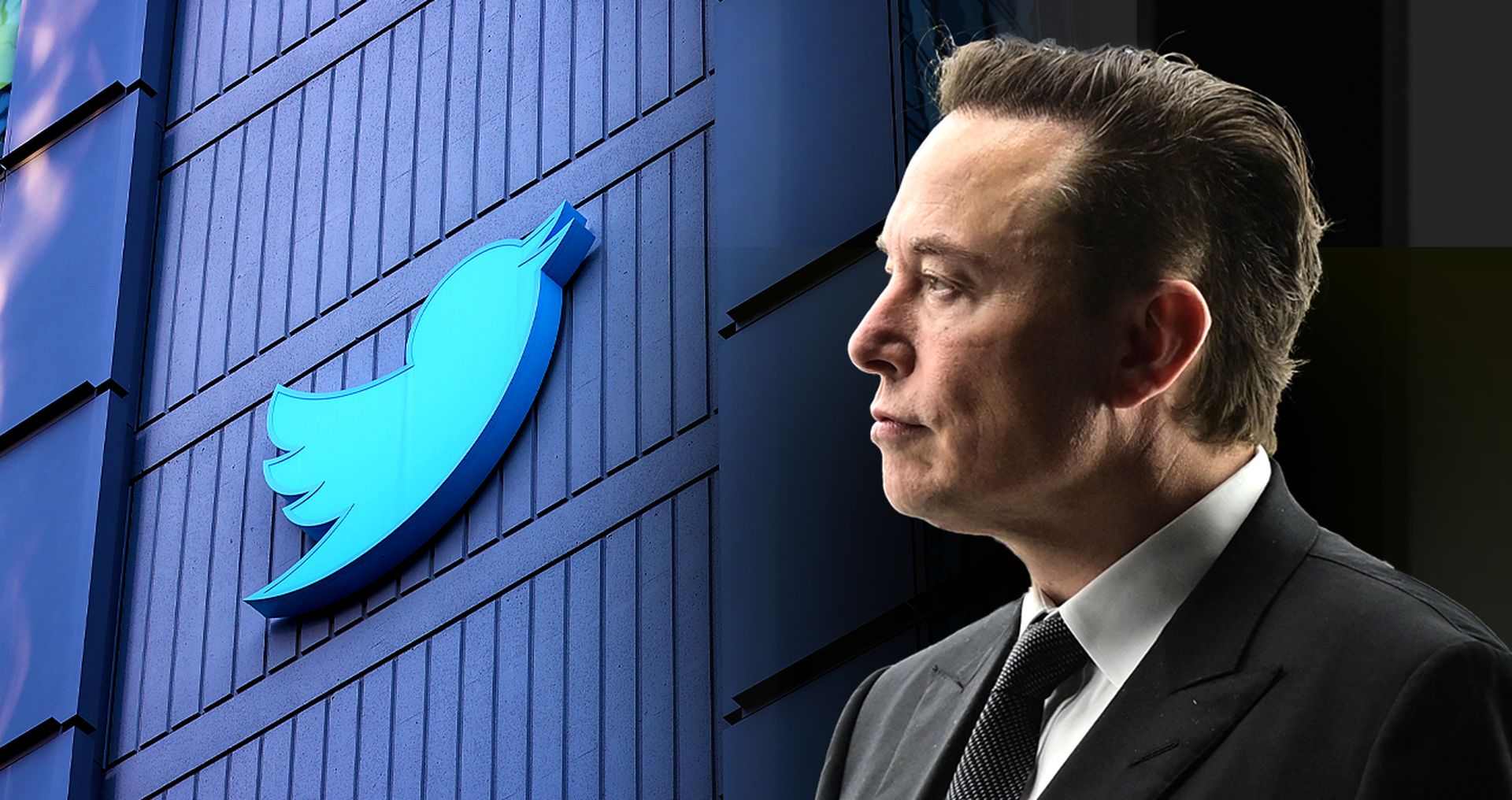A vast cache of Elon Musk texts made public provides insight into Musk’s thoughts during his effort to acquire Twitter, and the subsequent unraveling of the agreement, which has culminated in Twitter suing the Tesla entrepreneur to compel his intended $44 billion acquisition.
Elon Musk texts, which were released as part of evidentiary discovery in Twitter‘s lawsuit against Musk, provide valuable insight into Musk’s thought process and show how the billionaire was in regular contact with powerful industry players, media, and political figures looking to have a hand or gain a foothold in Musk’s vision for the company, including exchanges with Twitter founder Jack Dorsey, Oracle CEO Larry Ellison, Twitter CEO Parag Agr, and others.
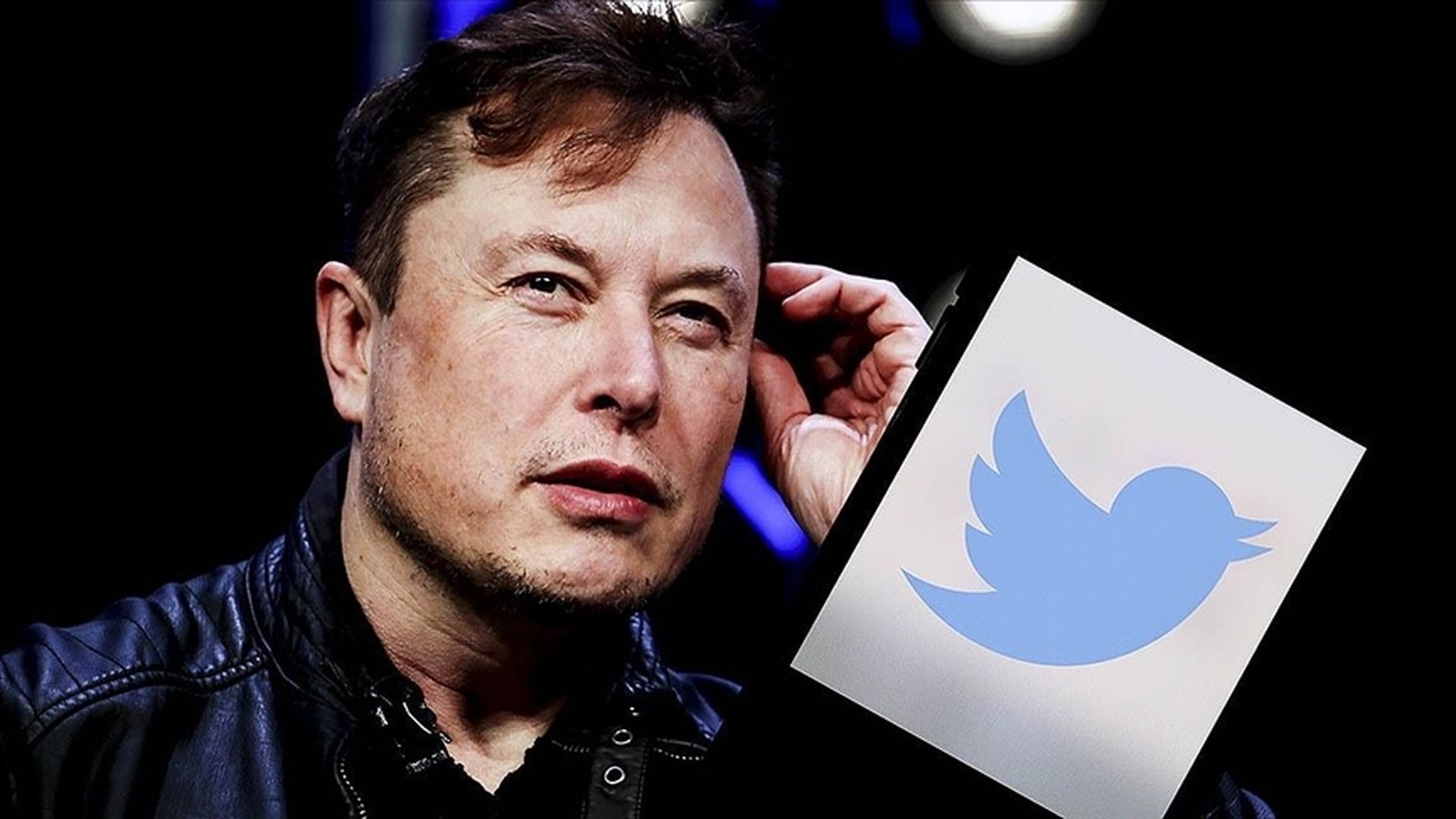
Elon Musk texts give more insight into the failure of the Twitter deal
Dorsey confessed to Musk in one email that he had sought to persuade Twitter’s board of directors to bring Musk in a year previously, and that he now thought Twitter “should have never been a company. That was the original sin.” “Couldn’t be happier you’re doing this,” Dorsey wrote Musk in March when word leaked that Musk had purchased a 9.9% share in the social media business.
Jack Dorsey texts Elon Musk
March 26, 2022 pic.twitter.com/gMa7xzINtp
— Internal Tech Emails (@TechEmails) September 29, 2022
Musk’s relationship with Twitter’s current CEO, Parag Agrawal, was less than ideal. Agrawal warned Musk in a heated April debate that his public tweets about the platform were not enhancing his position or boosting the business. Musk reacted by informing Agrawal that the entire situation was a “waste of time” and that he would make an offer to take Twitter private.
Parag Agrawal texts Elon Musk
April 9, 2022 pic.twitter.com/40bP9RDCSA
— Internal Tech Emails (@TechEmails) September 29, 2022
The messages also show that, weeks later, Dorsey sought to arrange a meeting between Musk and Agrawal in order to resolve Musk’s concerns and reach an agreement on the company’s future. “At least it became clear that you can’t work together. That was clarifying,” Dorsey wrote Musk during the “hangout.”
Musk used his phone to get billions of dollars in investment and support from his backers. According to the messages, Musk discussed funding with Larry Ellison, co-founder of Oracle, who contributed $2 billion to the purchase scheme through text. Separate sources claim that Ellison and Elon Musk texts late into the night before Musk declared his intention to withdraw his offer to buy Twitter.
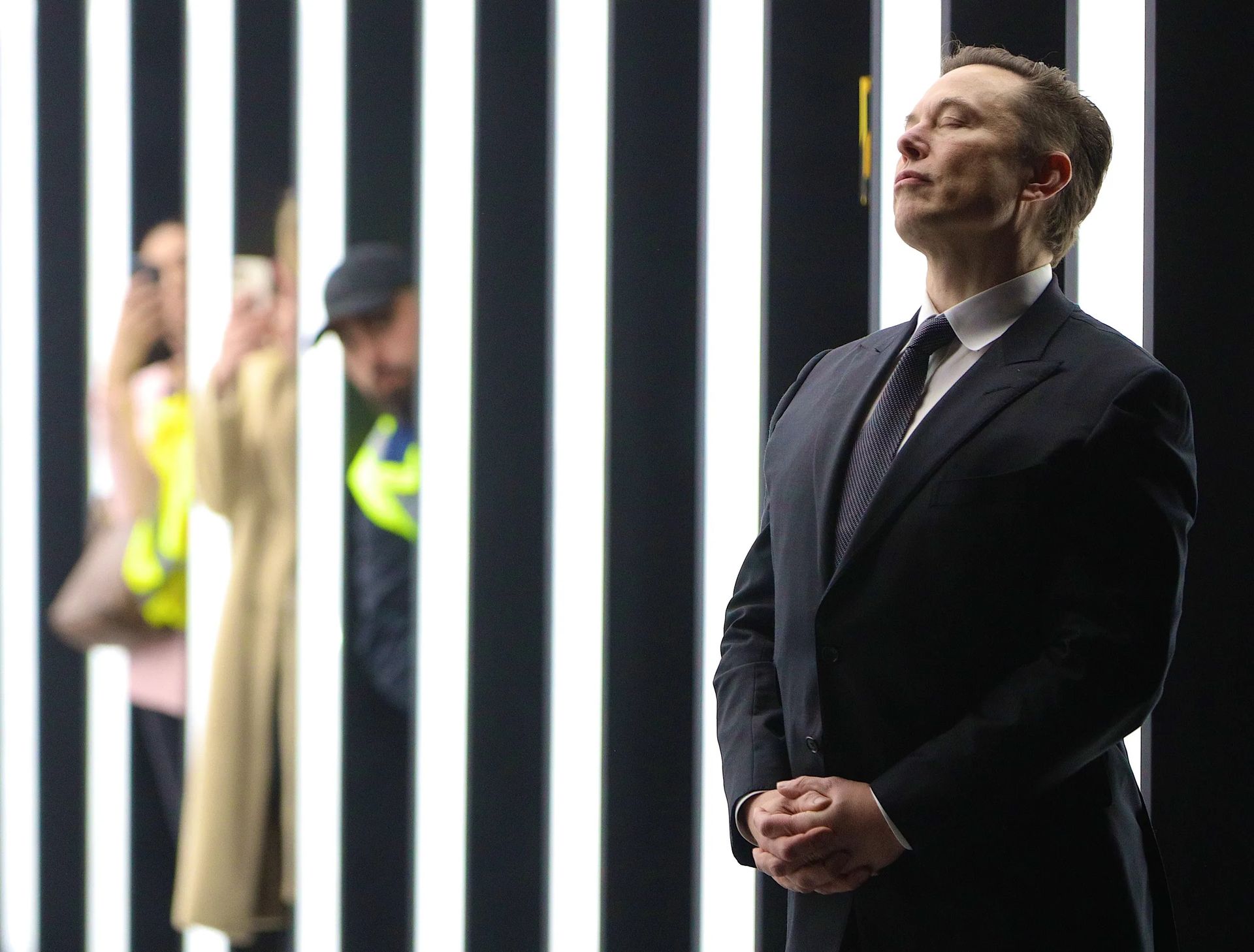
Musk first seriously considered buying Twitter in March, when he met with CEO Jack Dorsey to discuss the social media platform’s future path. According to SEC records, he bought a 9.2 percent interest in the firm in April and later that month negotiated a contract to buy the entire company for $44 billion. The decision was the climax of Musk’s five-year infatuation with owning the site, of which Musk was an early, frequent user before becoming an outspoken critic of the company’s drive toward more stringent content filtering.
Musk’s portrayal of his proposed acquisition of the social media platform as a fight for online free speech inspired notable figures in right-wing online communities. An employee whose identity has been removed discusses enabling banned users to return to the network, notably Republican members, including “the boss himself,” a likely reference to former President Donald Trump, in a key text discussion.
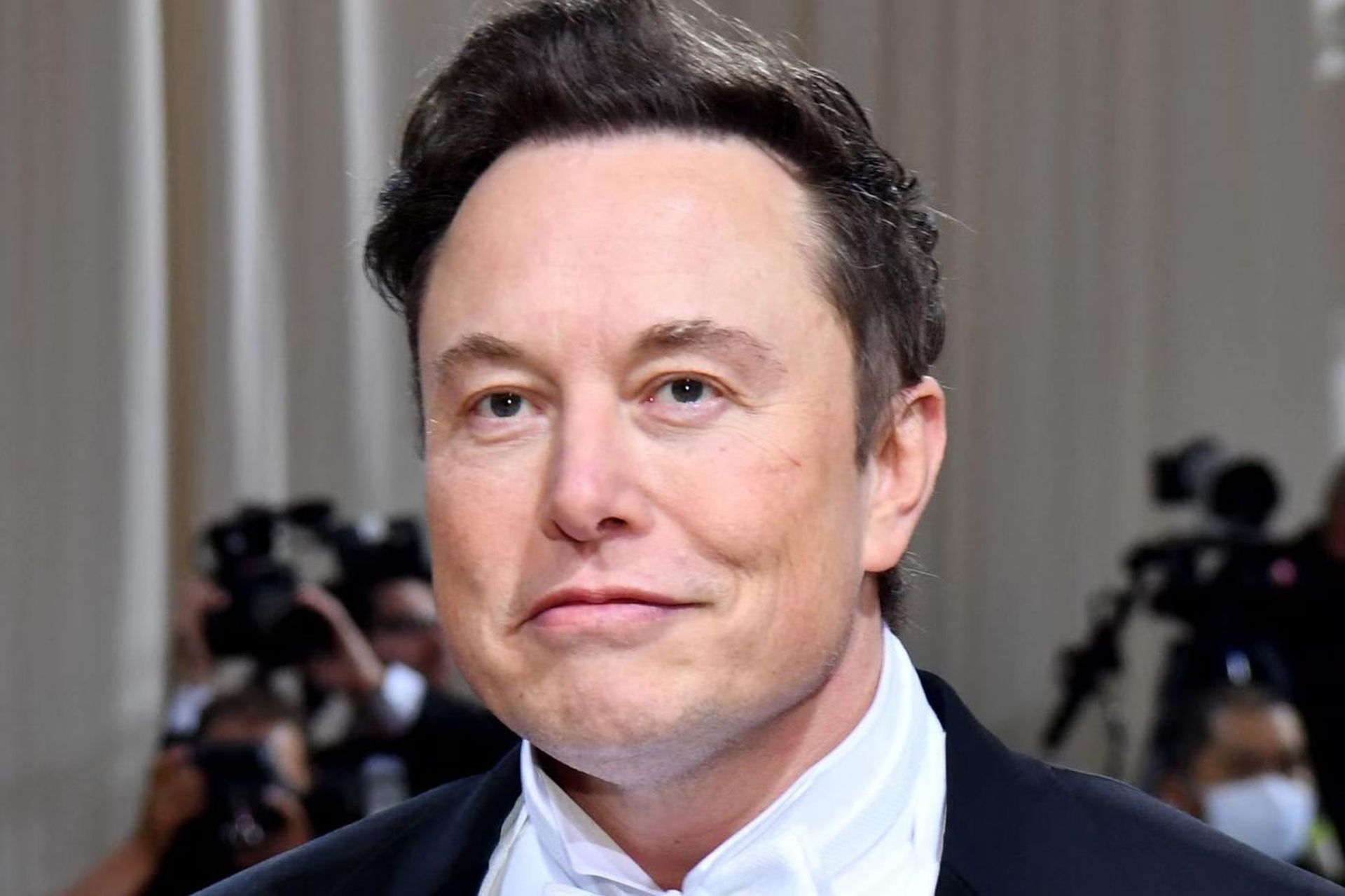
Musk had changed his mind about the potential acquisition by May. Musk asked his banker, Michael Grimes, to “slow down just a few days,” in an exchange. “Putin’s speech tomorrow is extremely important,” Musk wrote. “It won’t make sense to buy Twitter if we’re headed into WW3.”
He began to express concerns about how many of Twitter’s users — an important component of the company’s $44 billion value — were bogus or spam accounts, declaring on May 13th that the transaction had been halted awaiting a formal study. According to Agrawal, Twitter’s internal statistics showed that less than 5% of accounts were bots. Musk responded with a poop emoji when the Twitter CEO indicated that Musk’s suggested external examination of the number of bots on the site would necessitate the revelation of private user data that Twitter was unwilling to release.
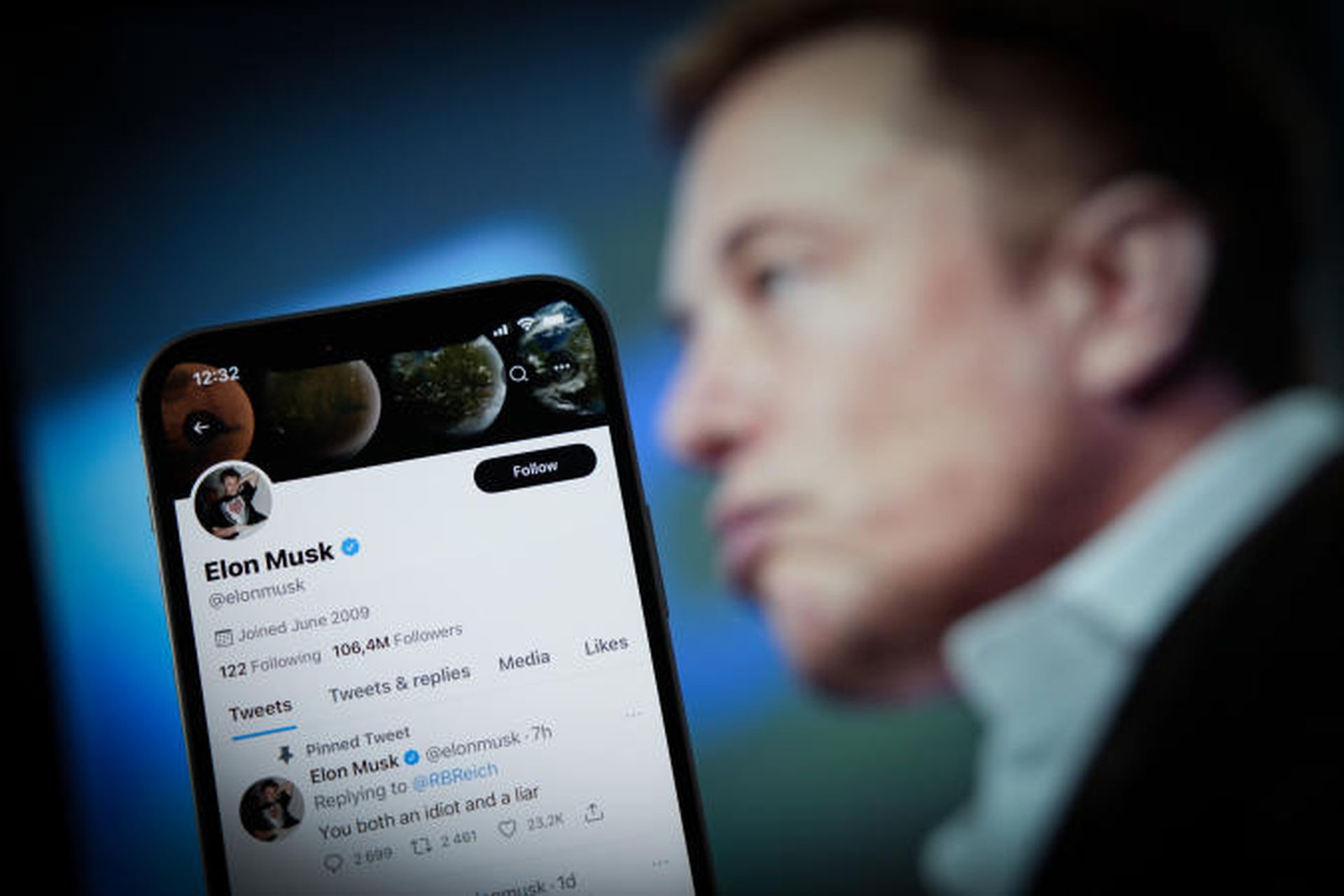
The mogul then publicly chastised Agrawal’s estimate, claiming that the number of fraudulent accounts was significantly larger – and that a purchase could only be concluded at a lesser price. By June, Musk was attempting to back out of the arrangement, and Twitter sued him in July to enforce it.
The failure of the Twitter acquisition and its subsequent descent into a lawsuit has resulted in financial losses for Musk as well as a publicly humiliating discovery process. Instead of the predicted bombshell discoveries about Twitter’s bot management, Musk’s business practices, both in connection to Twitter and his current enterprises, have yet to materialize.
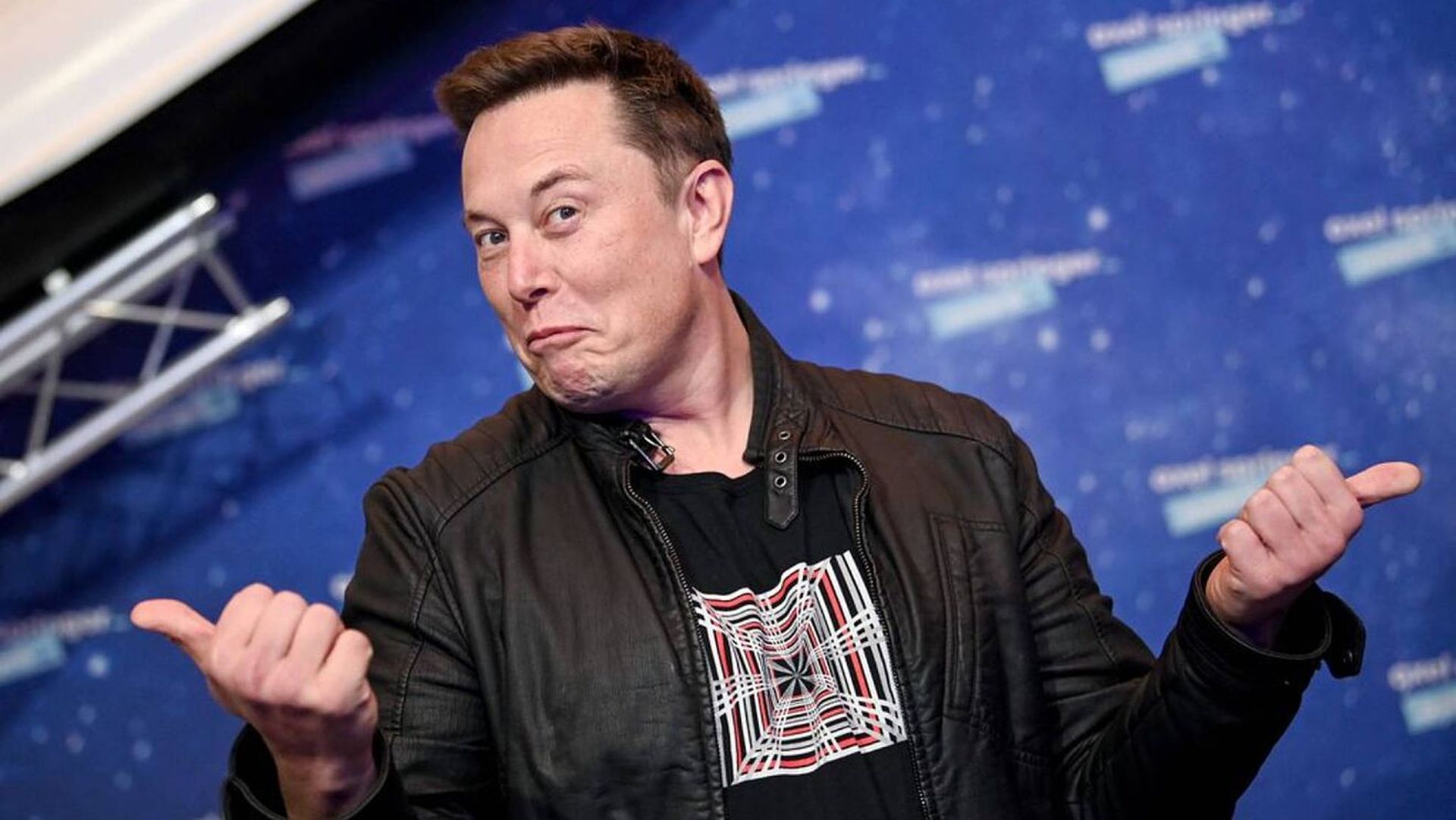
Musk has faced sexual misconduct charges since announcing his intention to buy the firm, including as Rolling Stone has documented, allegations of managing a persistent culture of sexual harassment at his flagship company Tesla. Along with a spate of lawsuits launched by former workers, Musk is also under review from the Securities and Exchange Commission, which he has previously violated and whose regulations he has been accused of violating once again when coordinating his failed Twitter takeover.
We hope that you enjoyed this article on leaked Elon Musk texts reveal why Twitter deal collapsed. If you did, we are sure that you will also enjoy reading some of our other articles, such as Elon Musk wants to use the CERN Large Hadron Collider, or Twitter edit button is in the testing period, for real.

